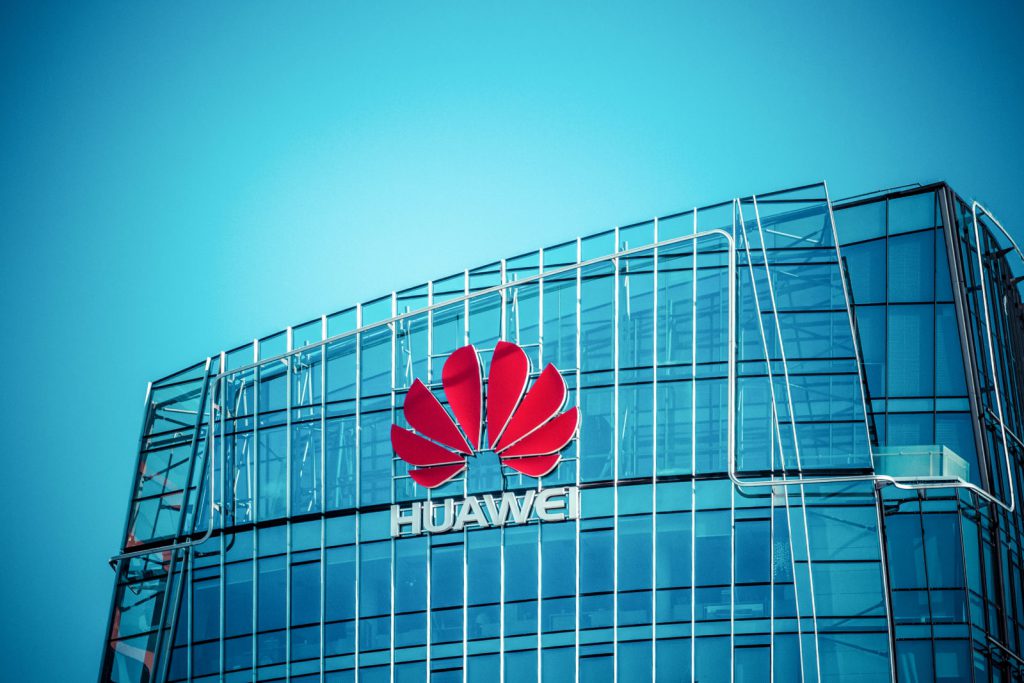
Published January 15, 2019
The recent arrests of two employees of China’s telecom giant Huawei Technologies bring to light one of the West’s most important geopolitical conundrums: What’s the best way to respond to China’s growing economic and military might?
The United States and the rest of the West initially encouraged China’s engagement with Western markets on the expectation that as it liberalized economically it would naturally liberalize politically, too. Common wisdom held that the Chinese people would demand more freedom as they grew wealthier. The government would accede to this, experts believed, because to do otherwise would cause instability and hold back growth. Fueling China’s economic rise with membership in the World Trade Organization, then, was viewed as a win-win — global wealth would rise and global tensions would fall.
China’s behavior since then suggests the optimism was misplaced. The Chinese government still tilts intra-Chinese markets toward domestic providers and favored firms when possible. The U.S. government also believes that the Chinese government steals the intellectual property of U.S. and other Western companies. “Free trade” with China, then, has been anything but free.
The Chinese government has also failed to meet initial expectations regarding its role in the world and regarding domestic political freedoms. Xi Jinping has repealed a post-Mao-era law restricting Chinese presidents to two terms, effectively making it possible for him to remain president for life. The Communist Party retains a monopoly on national political power, and censorship of the press and the Internet remains high. China is getting wealthier, but there is no evidence it is moving toward Western-style democracy or even the halfway house that Singapore’s autocratic democracy represents.
Meanwhile, Western military dominance in the Pacific is also coming under threat. Using in some cases stolen technology, the Chinese military is quickly closing the gap between its capabilities and those of the West.
If China’s economy were not intermingled with the West’s, the response would be easy. The United States and the West could aggressively combat IP theft and freeze economic engagement with China, depriving it of the wealth and technology it would need to mount a geopolitical threat. But unlike in our Cold War with the Soviet Union, that is not the case. Any attempt at political confrontation will bring pain.
Huawei demonstrates the pitfalls nicely. Western countries could bar the company from doing business within their borders if they wanted to, but companies that use Huawei technology would bear the cost as they struggled to find replacements. China could also retaliate against Western individuals or firms doing business in China to gain leverage in the dispute. Indeed, China has already arrested two Canadians living in China on espionage charges and recently re-sentenced a Canadian convicted of drug smuggling a few years ago, handing down a death sentence. Many believe this is retaliation for that country’s December arrest of Huawei Chief Financial Officer Meng Wanzhou at the request of U.S. law enforcement.
It looks as if the West is finally waking to the threat. Germany, Britain and other countries are increasingly preventing Chinese investment in technology companies that could give the Chinese government access to knowledge with military uses. Chinese global investment was down substantially in 2018, in part because of these measures. None of them has triggered serious Chinese retaliation.
The real battles, though, are likely still ahead of us. Because China relies on loose IP protection, coercive IP transfers, espionage and theft to get the knowledge it needs for its military, one should expect China to ratchet up the pressure the more the West clamps down. About 340,000 Chinesestudents attend universities in the United States, for example, providing many institutions with needed tuition revenue. The FBI says some of these students are in fact spies; indeed, one was arrested recently on espionage charges. The outcry should the West start to limit enrollment of Chinese nationals would be fierce, and one should expect Chinese retaliation if this occured.
Western governments will need to resist the temptation to take the easy way out and turn a blind eye toward China’s rise. Our technology and investment are making China a rich country. But it is one thing to help friends and allies be better off; it is quite another to pay for the rise of a technocratic autocracy that, to all appearances, seeks to supplant liberal democratic capitalism. Our free way of life is too dear to be sold.
Henry Olsen is a senior fellow at the Ethics and Public Policy Center and author of “The Working Class Republican: Ronald Reagan and the Return of Blue-Collar Conservatism.”








